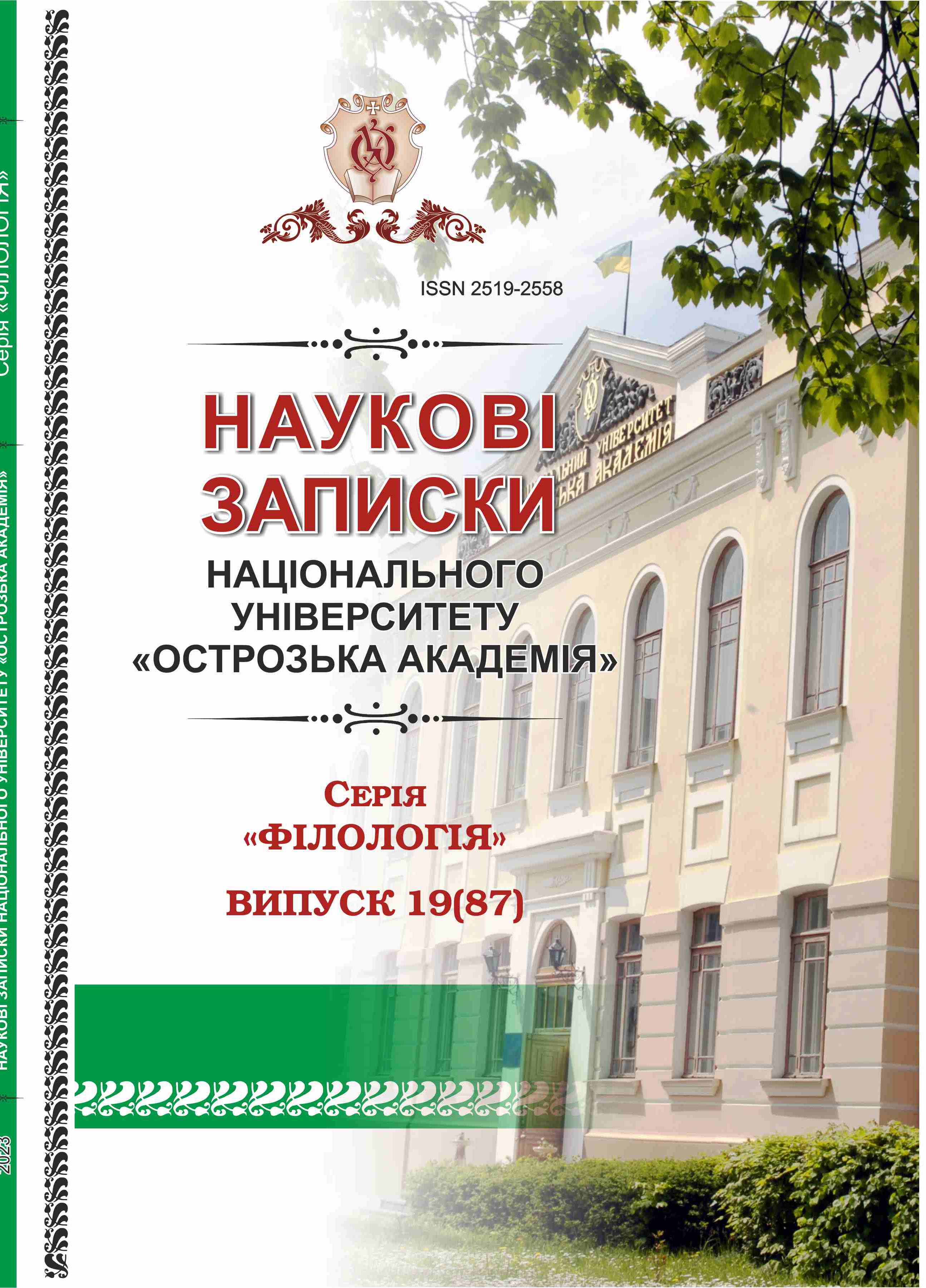GRAMMATICAL PROBLEMS OF SCIENTIFIC AND TECHNICAL TRANSLATION: «ACADEMIC PHRASE BANK» IN WRITING AND EDITING IN ENGLISH
Keywords:
academic phrase bank, scientific article, stylistic features of academic writing, critical thinking, term, eponym, translation, evidentially, caution in expressions, passive state, impersonality, nominalizationAbstract
The article examines the specifics of the academic style using the examples in writing, as well as the possibility of using banks of phrases during writing or editing of scientific and technical texts written in English. Special attention is devoted to the stylistic features of writing a scientific article, its sections and the use of clichés.
This work has a double purpose: firstly, it will help to recognize the grammatical manifestations of the English language better, analyze the structure of the English sentence and to determine the grammatical difficulties of translation adequately. Besides it explains how to translate sentences with such difficulties.
The relevance of the topic is due to the direction of modern linguistic research to the study of terminological systems of individual knowledge, since terms play a key role in the development of the language, and eponyms fix the stages of its formation and focus on the scientist who made a certain discovery. Work tasks provide for the selection of eponyms from specialized explanatory dictionaries, a description of their lexical and semantic features and generalizations of translation norms.
The novelty of the study lies in the fact that the term system of rehabilitation is not widely represented in scientific works, and the material for the work is collected from the most modern lexicographic works. The results of the analysis indicate that eponyms are widely used in the terminological system of rehabilitation, reflect the development of its methods, the discovery and the description of certain diseases or syndromes, the development of instruments and apparatus, the compilation of various scales, classifications, coefficients, indices and tests.
The questions of synonymy of eponyms, the search for a translation option that would optimally convey the essence of the concept remain open. Compilation of specialized translated English-Ukrainian and Ukrainian-English dictionaries that would maximize fully reflect the needs of users, remains a top priority.

